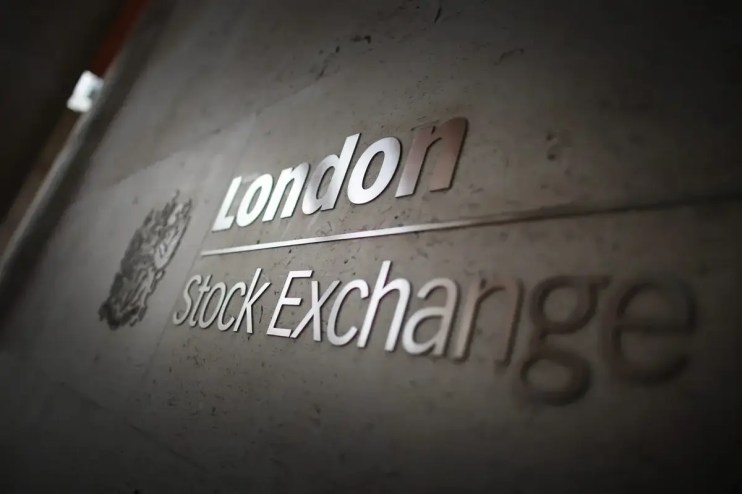M&S, Greggs and Sainsbury’s shares slide on shaky outlook for UK economy

Marks & Spencer (M&S), Greggs, Sainsbury’s and B&M shares have all slumped today after investors took fright at warnings of a slowdown in consumer spending over the next year.
Aside from Sainbury’s, whose results will be announced on Friday morning, all the firms released solid earnings updates this morning, with M&S reporting an 8.7 per cent uptick in festive food sales.
B&M said group revenue was up 3.5 per cent year-on-year, while Greggs told markets that total sales rose by 11.2 per cent.
But by mid-afternoon, shares across the retail sector had sunk, with M&S tumbling by 7.1 per cent, B&M down 8.75 per cent, and Greggs falling nearly 15 per cent.
Even Tesco, which reported a 4.7 per cent boost in sales and said it had won control of nearly a third of the grocery market, saw its share price slide two per cent in early trades before softening later in the day to trade down 0.72 per cent.
The sharp sell-off appears to have been triggered by warnings from grocery bosses over the weak outlook for the UK economy and a downturn in consumer spending this year.
Richard Hunter, head of markets at interactive investor, said: [M&S and Tesco] have been busy making hay while the sun shines… unfortunately, investors have chosen to slam both stocks in early trade amid the raft of economic challenges to come, while taking some profits after their strong recent rally.”
‘Glass half empty market’
The wider backdrop of surging UK gilt yields and a slump in the pound “did nothing to help” sentiment towards domestic stocks, investment director at AJ Bell, Russ Mould, said.
“The glass half empty market seized on any traces of negativity,” Mould added.
Analysts attributed Greggs’ 12 per cent drop to a slightly-softer-than-expected set of results, and in particular, talk of lower footfall from boss Roisin Currie.
Equity Analyst at Shore Capital, Darren Shirley, said Greggs “was not immune” from the gloom surrounding the UK retail sector.
“Management talks of consumer confidence being subdued through [the second half of] 2024, which weighed on industry-wide customer visits and expenditures,” Shirley added.
Consumer confidence is key
M&S’s decline was due to a “relian[ce] on discretionary spend” and the “gloomy tone adopted in the outlook statement”, Mould said.
“While understandable given the impact of the Budget changes, sticky inflation and higher for longer rates, the comments chime with the current bleak mood around the UK’s economic prospects,” Mould added.
The Budget has triggered scores of warnings from businesses over the impact of a higher tax bill on thin profit margins, leading to threats of price hikes in the year ahead. Investors are therefore sensitive to any sign of a slowdown in consumers’ desire to spend.
Chris Beckett, head of equity research at Quilter Cheviot, said that “rising National Insurance costs and broader cost-of-living challenges are expected to eat into measures designed to boost margins.”
The Autumn budget raised national insurance contribution – a tax employers pay on staff wages – from 13.8 per cent 15 per cent, and lowered the threshold at which employers must start paying the tax from £9,000 to £5,000.
Is this a buying opportunity?
Additional signs of falling discretionary spending or high street footfall are likely to trigger further declines.
But analysts were confident today that M&S, Tesco and Greggs would be able to navigate their way through the challenges.
“Greggs has proven its ability to navigate tricky times in the past and, with cash on its balance sheet, great brand awareness, and an entrepreneurial management team, there are reasons to be optimistic despite the headwinds,” John Moore, senior investment manager at RBC Brewin Dolphin, said.
Analysts at Peel Hunt said that M&S “continues to evolve its range skillfully… we see the weakness in the absence of an upgrade as a clear buying opportunity.”
Interactive Investor’s Richard Hunter agreed that the “market consensus” for M&S was still “a strong buy… reflect[ing] hope all round that this success story can continue.”
Tesco, he said, “still rules the roost”.
